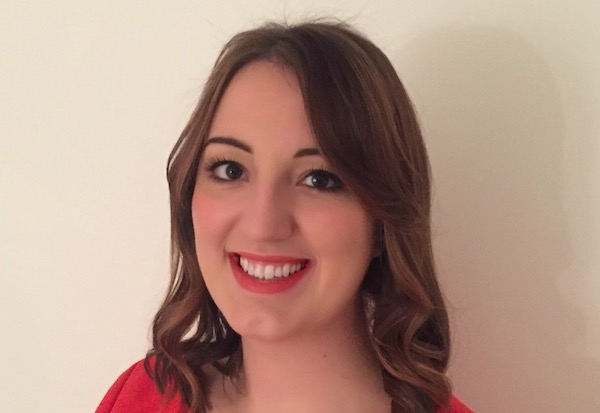What is CPD? According to the Personal Finance Society: “Continuing Professional Development (CPD) is activity undertaken to ensure members' skills and knowledge are up-to-date.”
It is a common requirement across many industries and for those who are members of professional bodies, such as accountants, lawyers and bankers.
The CISI believes CPD “shows colleagues, clients and the regulator that you are committed to upholding your competence.”
As we all know, legislation is constantly changing and in order to best serve our clients we must keep abreast of these changes. The Taxation of Pensions Act 2014 saw the introduction of pension freedoms from April 2015 and changes to the State Pension provision from April 2016. It is vital that financial planners are aware of these changes. The Chartered Insurance Institute (CII) introduced the Award in Pensions Update, which included sitting an exam to demonstrate knowledge and understanding. Since the Government rewrote the rule book on pensions practice, some 8,000 financial planners, Paraplanners and those in related roles have enrolled for the award and over 5,000 have already passed the exam.
FCA requirement
CPD isn’t new to Financial Planners; they’ve always had to understand and keep abreast of changes in the industry. But in 2007 the then-Financial Services Authority (FSA), now the Financial Conduct Authority (FCA), removed the need to complete 50 hours of CPD and instead let the financial planner record CPD which they felt was appropriate.
However with the introduction of RDR at the end of 2012, the FCA now requires Financial Planners to complete a minimum of 35 hours of CPD each year for retail investment activities, of which 21 hours should be structured. Other retail activities, such as mortgage advice or managing funds, require planners to carry out CPD for that activity as well and they must also hold a Statement of Professional Standing (SPS) issued by a Recognised Professional Body (RPB).
Structured vs unstructured
In the FCA handbook you will discover what counts towards your 21 hours of structured CPD:
• Courses
• Seminars
• Lectures
• Conferences
• Workshops
• Web-based seminars
• E-learning
All of which require a contribution of 30 minutes or more.
It also defines unstructured CPD to include:
• conducting research relevant to the individual’s role
• reading industry or other relevant material;
• or participating in professional development coaching or mentoring sessions.
How to get CPD
There are many ways to tot up your CPD hours throughout the year, including attending conferences hosted by professional bodies such as the CII or CISI. You can also check out providers’ websites who have reading material and some short tests to confirm your understanding. Many investment companies put on “lunch and learn” style events, where there will be a presentation and a lunch.
Successfully completing exams tends to count as over a year of required CPD hours, although it’s important to try and remember the purpose of CPD is to show your skills and knowledge are up to date, and not to focus purely in one area. I am constantly getting emails about webinars, which can sometimes be a great source of CPD. Many of the GDPR-induced emails I’ve had over the past few weeks asking if I’d like to remain on a mailing list, have made me think about what sort of emails I get and what I’d be missing out on if I didn’t get them – I can always unsubscribe later!.
Recent developments
New rules and regulations are constantly coming in and the latest development is a policy statement from the FCA which requires 15 focused hours of protection CPD for planners wishing to advise on this area. These hours are included in the 35 hours of CPD the FCA already requires financial advisers to undertake every year. Firms wishing to sell protection must be compliant with the new rules by the Insurance Distribution Directive implementation date, which has been pushed back seven months to 1 October.
CPD is often something many of us see as a chore and try to rush through as the year comes to a close, but it’s important to try and spread out the requirement and complete a few hours each month so we get something from it – a development of skill, knowledge and understanding that will ultimately benefit our clients. Exactly what it was intended for.
Chloe Moran, Senior Paraplanner, 1825

